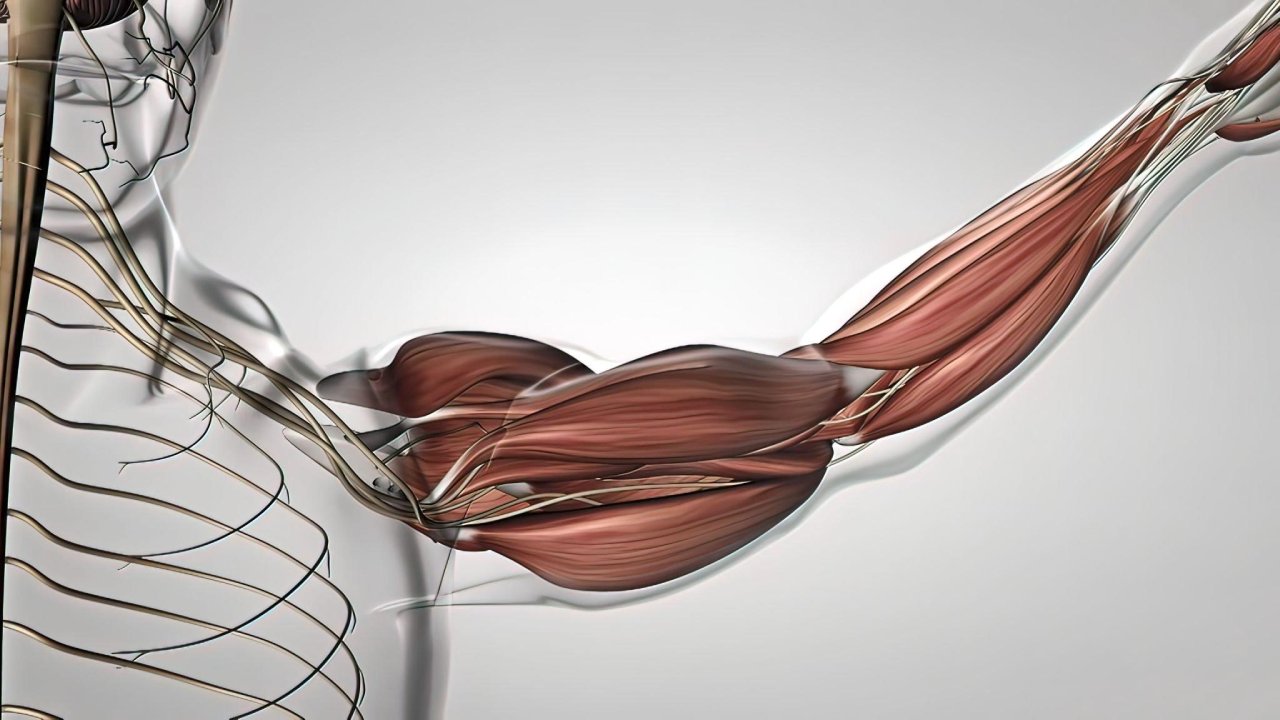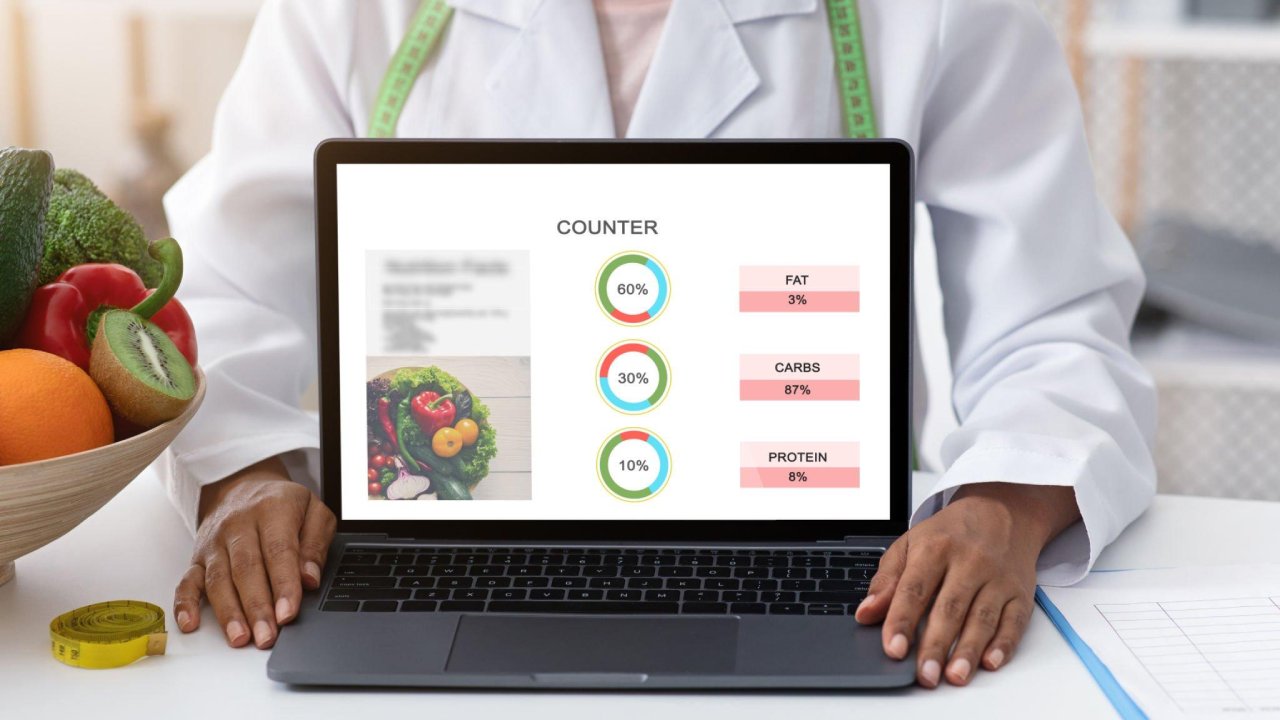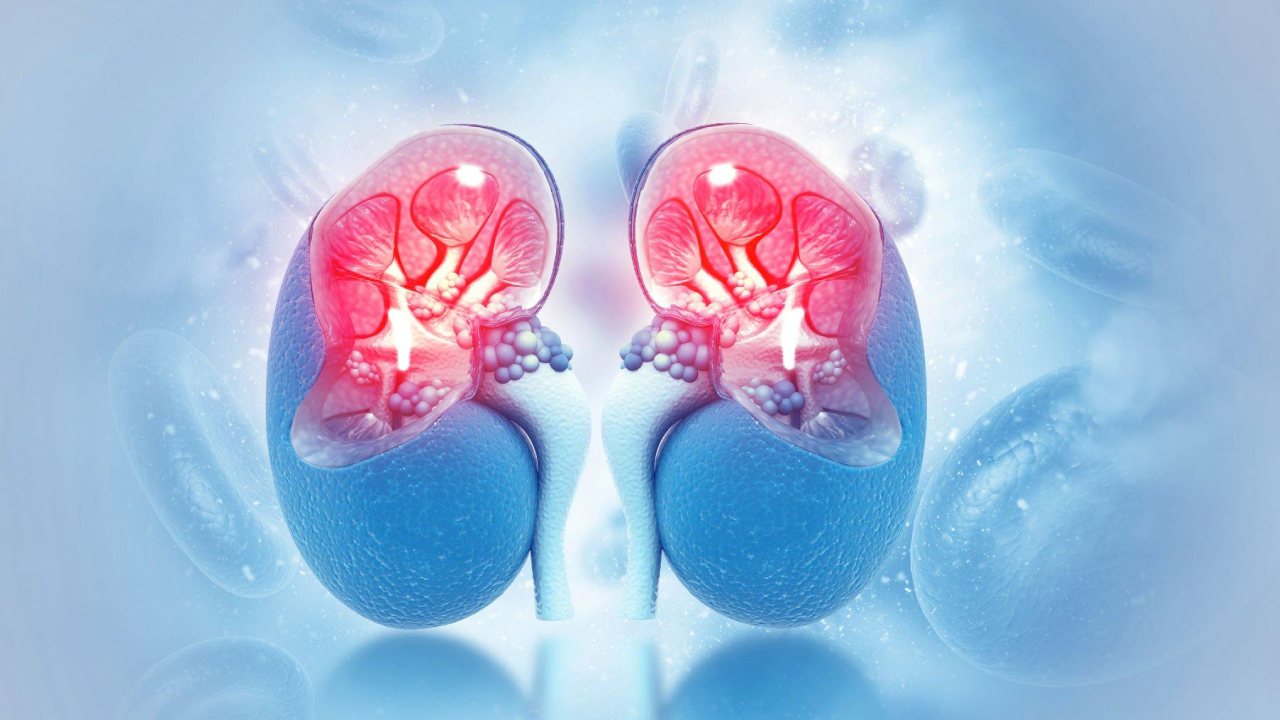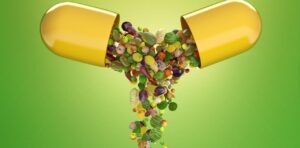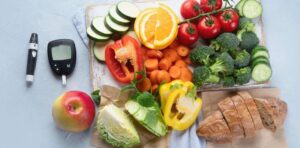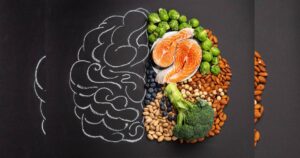Are you looking for ways to improve your diet and overall health? One way to do so is by incorporating high protein foods into your meals. Protein is essential for building and repairing tissues, maintaining muscle mass, and keeping you full and satisfied. In this article, we’ll explore the top 10 high protein foods you should consider adding to your diet.
Benefits of a High Protein Diet
A high protein diet offers numerous benefits for your health. Protein is essential for building and repairing tissues, making enzymes and hormones, and maintaining a healthy immune system. Additionally, high protein foods can help you feel full and satisfied, reducing the likelihood of overeating and aiding in weight loss efforts.
A high protein diet can also help you maintain muscle mass, especially as you age. As you get older, your body naturally loses muscle mass, which can lead to weakness and a decreased quality of life. By consuming enough protein, you can help slow this process and maintain your strength and vitality.
How Much Protein Do You Need?
The amount of protein you need varies based on factors such as your age, sex, weight, and activity level. In general, adults should aim for at least 0.8 grams of protein per kilogram of body weight per day. However, athletes and individuals engaging in heavy resistance training may need up to 1.2-2.0 grams of protein per kilogram of body weight per day.
It’s important to note that while protein is essential, consuming too much can have negative effects on your health. Excessive protein intake has been linked to kidney damage, dehydration, and increased risk of certain types of cancer. Therefore, it’s important to consume protein in moderation and consult with a healthcare professional if you have concerns.
Top 10 High Protein Foods
- Chicken – Chicken is a great source of lean protein, with 31 grams of protein per 100 grams of cooked chicken breast. It’s also a versatile protein that can be incorporated into many different meals.
- Fish – Fish is an excellent source of protein and is also rich in omega-3 fatty acids, which have numerous health benefits. Salmon, for example, has 22 grams of protein per 100 grams of cooked fish.
- Beef – Beef is a high-quality protein source that is also rich in important nutrients such as iron and vitamin B12. A 100-gram serving of cooked beef contains around 26 grams of protein.
- Lentils – Lentils are a great vegetarian protein source, with 9 grams of protein per 100-gram serving. They are also high in fiber and other important nutrients.
- Greek Yogurt – Greek yogurt is a creamy and delicious protein source, with around 10 grams of protein per 100-gram serving. It’s also high in calcium and probiotics, which can aid in digestive health.
- Tuna – Tuna is a lean protein source that is also rich in omega-3 fatty acids. A 100-gram serving of canned tuna contains around 30 grams of protein.
- Quinoa – Quinoa is a versatile grain that is also a complete protein source, meaning it contains all nine essential amino acids. A 100-gram serving of cooked quinoa contains around 4 grams of protein.
- Eggs – Eggs are a great source of high-quality protein, with around 6 grams of protein per large egg. They are also rich in important nutrients such as choline and vitamin D.
- Nuts – Nuts are a delicious and protein-packed snack, with around 6 grams of protein per 30-gram serving. They are also high in healthy fats and other important nutrients.
- Beans – Beans are an excellent vegetarian protein source, with around 8 grams of protein per 100-gram serving. They are also high in fiber and other important nutrients.
High Protein Meal Planning
Incorporating high protein foods into your meals doesn’t have to be difficult. Meal planning can help ensure you’re getting enough protein and other important nutrients. Some high protein meal ideas include:
- Grilled chicken with roasted vegetables
- Salmon with quinoa and mixed greens
- Lentil soup with a side of Greek yogurt
- Beef stir-fry with mixed vegetables and brown rice
High Protein Snacks and Supplements
In addition to incorporating high protein foods into your meals, you can also enjoy high protein snacks and supplements. Some options include:
- Hard-boiled eggs
- Protein bars or shakes
- Greek yogurt with nuts or fruit
- Tuna salad with whole-grain crackers
It’s important to choose high-quality protein supplements and snacks to ensure you’re getting the nutrients your body needs.
Vegan and Vegetarian High Protein Options
If you follow a vegan or vegetarian diet, there are still plenty of high protein options available. Some examples include:
- Tofu and tempeh
- Seitan
- Chickpeas and other legumes
- Nut butters
- Quinoa and other grains
It’s important to ensure you’re getting enough complete protein sources if you follow a plant-based diet.
Risks of Too Much Protein
While protein is essential for your health, consuming too much can have negative effects. Excessive protein intake can put a strain on your kidneys, leading to kidney damage over time. It can also cause dehydration and increase your risk of certain types of cancer. Therefore, it’s important to consume protein in moderation and consult with a healthcare professional if you have concerns.
Frequently Asked Questions About Protein Foods
What are protein foods?
Protein foods are a category of foods that are rich in protein, which is an essential nutrient required by the body for growth, repair, and maintenance of tissues. Examples of protein foods include meat, poultry, fish, eggs, dairy products, beans, legumes, nuts, seeds, and tofu.
Why is protein important in our diet?
Protein is crucial for various physiological processes in the body. It is necessary for building and repairing tissues such as muscles, bones, skin, and organs. Protein also plays a role in producing enzymes, hormones, and other molecules, as well as supporting the immune system. Additionally, protein is important for maintaining healthy hair, skin, and nails.
How much protein do I need in my diet?
The recommended daily protein intake varies depending on factors such as age, sex, activity level, and overall health. As a general guideline, adults are advised to consume about 0.8 grams of protein per kilogram of body weight per day. However, this can vary based on individual needs and health goals. Consulting with a healthcare professional or registered dietitian can help determine the appropriate amount of protein for your specific needs.
Can I get enough protein from plant-based sources?
Yes, it is possible to get enough protein from plant-based sources. Beans, legumes, lentils, tofu, tempeh, seitan, nuts, seeds, and quinoa are all excellent sources of plant-based protein. By incorporating a variety of these foods into your diet, you can easily meet your protein requirements without consuming animal-based protein sources.
Are all protein foods equally healthy?
Not all protein foods are created equal. Some protein foods, such as lean meats, fish, eggs, and dairy products, are generally considered healthier options due to their lower saturated fat and cholesterol content. However, processed meats, fried foods, and high-fat dairy products may be higher in unhealthy fats and should be consumed in moderation. Plant-based protein sources, such as beans, legumes, nuts, and seeds, are typically lower in saturated fat but may contain more carbohydrates and fiber.
Can I consume too much protein?
Yes, consuming excessive amounts of protein can have negative health effects. High-protein diets may strain the kidneys, increase the risk of kidney stones, and potentially harm bone health if not balanced with other essential nutrients. Additionally, excessive protein intake may lead to weight gain if the excess protein is converted into fat. It is important to consume protein in moderation and within the recommended daily intake.
Can I consume protein foods if I have food allergies or intolerances?
If you have food allergies or intolerances, it is important to be cautious about consuming certain protein foods. For example, if you have a seafood allergy, you should avoid fish and shellfish. If you have lactose intolerance, you may need to choose lactose-free or low-lactose dairy products or opt for non-dairy protein sources. It is essential to read food labels and consult with a healthcare professional or registered dietitian if you have any food allergies or intolerances.
Can protein foods help with weight loss?
Including protein foods in your diet can be beneficial for weight loss. Protein has been shown to increase satiety and help regulate appetite, which may help prevent overeating and snacking between meals. Protein also requires more energy to digest compared to carbohydrates and fats, which can increase metabolism and aid in weight management. However, it’s important to balance protein intake with other essential nutrients and maintain an overall healthy, balanced diet for sustainable weight loss.
Conclusion and Key Takeaways
Incorporating high protein foods into your diet can offer numerous health benefits, including maintaining muscle mass, aiding in weight loss, and keeping you full and satisfied. Some of the top high protein foods include chicken, fish, beef, lentils, Greek yogurt, tuna, quinoa, eggs, nuts, and beans. It’s important to consume protein in moderation and consult with a healthcare professional if you have concerns.
Additional Resources for High Protein Diet Planning
If you’re interested in learning more about high protein diets, there are many resources available. Some of our favorites include:
- The Academy of Nutrition and Dietetics
- The American Heart Association
- The USDA’s MyPlate website
- The National Institutes of Health’s Office of Dietary Supplements
CTA: Start incorporating high protein foods into your meals today for improved health and wellness. Consult with a healthcare professional to determine the best protein intake for your individual needs.
